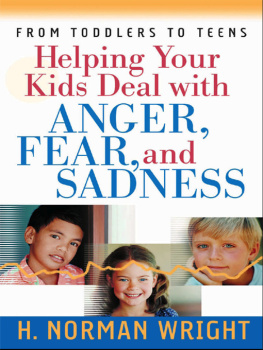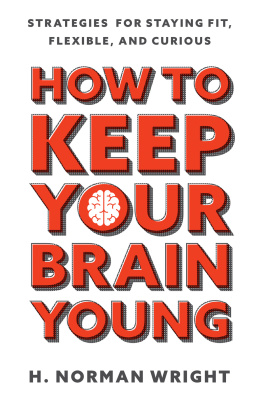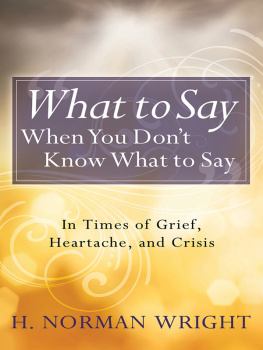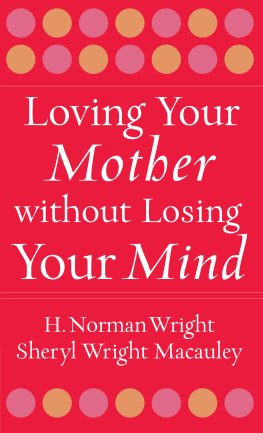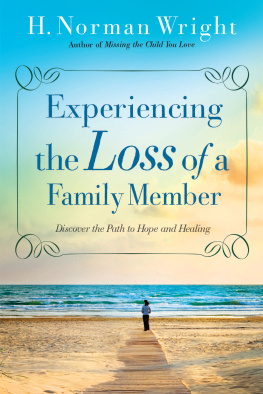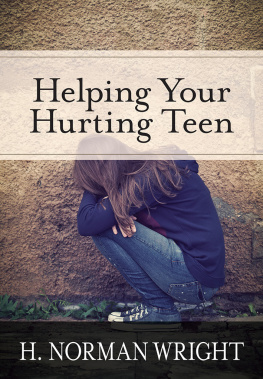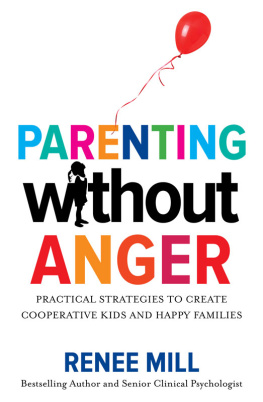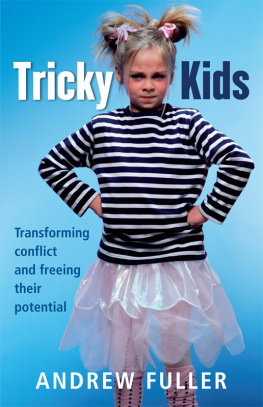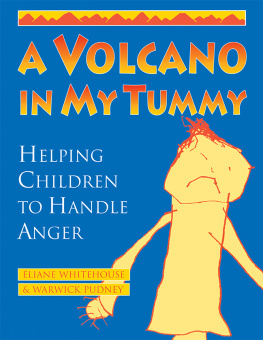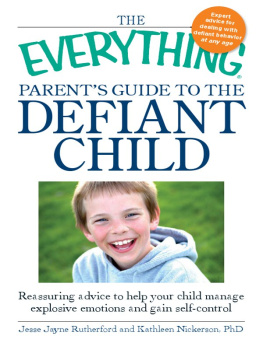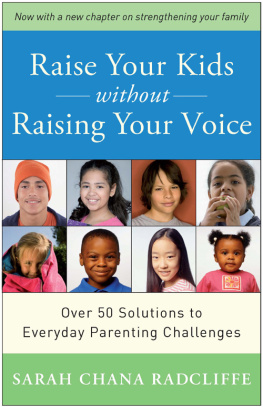
Unless otherwise indicated, all Scripture quotations are taken from The Amplified Bible, Copyright 1954, 1958, 1962, 1964, 1965, 1987 by The Lockman Foundation. All rights reserved. Used by permission. (www.Lockman.org)
Verses marked NIV are taken from the HOLY BIBLE, NEW INTERNATIONAL VERSION. NIV. Copyright 1973, 1978, 1984 by the International Bible Society. Used by permission of Zondervan. All rights reserved.
Verses marked TLB are taken from The Living Bible, Copyright 1971. Used by permission of Tyndale House Publishers, Inc., Wheaton, IL 60189 USA. All rights reserved.
Verses marked NCV are taken from The Holy Bible, New Century Version, Copyright 1987, 1988, 1991 by Word Publishing, Nashville, TN 37214. Used by permission.
Verses marked NASB are taken from the New American Standard Bible, 1960, 1962, 1963, 1968, 1971, 1972, 1973, 1975, 1977, 1995 by The Lockman Foundation. Used by permission. (www.Lockman.org)
Verses marked KJV are taken from the King James Version of the Bible.
Cover by Terry Dugan Design, Minneapolis, Minnesota
HELPING YOUR KIDS DEAL WITH ANGER, FEAR, AND SADNESS
Copyright 2005 by H. Norman Wright
Published by Harvest House Publishers
Eugene, Oregon 97402
www.harvesthousepublishers.com
Library of Congress Cataloging-in-Publication Data
Wright, H. Norman
Helping your kids deal with anger, fear, and sadness / H. Norman Wright.
p. cm.
Includes bibliographical references.
ISBN 0-7369-1333-5 (pbk.)
1. Child rearingReligious aspectsChristianity. 2. Anger in childrenReligious aspectsChristianity. 3. Fear in children. I. Title.
BV4529.W733 2005
248.8'45dc22 2004020852
All rights reserved. No part of this publication may be reproduced, stored in a retrieval system, or transmitted in any form or by any meanselectronic, mechanical, digital, photocopy, recording, or any otherexcept for brief quotations in printed reviews, without the prior permission of the publisher.
Printed in the United States of America
05 06 07 08 09 10 11 12 13 / VP-MS / 10 9 8 7 6 5 4 3 2 1
Contents
Over the past 30 years of working with parents in counseling and seminars, the most frequently raised questions I have been asked involve anger:
Why does my child get so angry? Cant he learn to control that temper?
Hes like a volcano ready to explode. What can I do?
She wont listen when she gets angry.
What can I teach my child about anger? How can I help him?
Is this reaction normal?
More than any other emotion, anger in a childs life is a big concern for parents. And unfortunately, most children do not have positive models for what to do with their anger. Some children have no control over it, while others are too controlled.
There is so much for all of us to learn about anger: where it comes from, how to talk about it, how to express it in a healthy and nondestructive way, and what the Word of God has to say about it.
One of the reasons for writing this book is to help children learn about some of their emotions at an early age. By doing this, they could have a more emotionally balanced adolescence and adulthood. During my many years of counseling, I have spent too much time helping adults learn things about their emotions that could have been learned as a child. Hence, the reason for this book: to help you help your children, whether toddlers or teens, deal with their emotions in a healthy manner. And in the process, you could learn something about yourself as well.
Our main focus will be on anger. There is so much concern over this volatile emotion and so much to learn. From there, we are going to explore the fears of children and how to help them triumph over fear and worry. If this can be accomplished at an early age, they can experience so much more from their life.
Do children get depressed? Yes, they do, and it can be serious. I have included chapter 9 so you can identify the indications of depression.
Finally, there is a foundational chapter that speaks to your childs identity in Christ. Here you will discover how this is intertwined with your childs emotions.
I hope you find this resource helpful as you fulfill your calling by God to be a parent who nurtures every part of your childs life.
The Problem
with Anger
My teen could be called the time-bomb kid. He can go off at any moment. The problem is we dont know when the timer has run out. Theres no predicting when hell explode.
I think my child came from the Old West. He was one of those who carried a six-gun with a hair trigger. The slightest pressure and boomit went off. Its the same way with Tim, only its his angry outbursts. Other kids would take it in stride. Not Tim, he goes off.
The angry childit is not a pretty sight. Life is tough at times. It is tough for kids, teens, and parents. All of us experience anger at one time or another. But some children seem to have a lit fuse burning all the time. And unfortunately, that fuse is way too short. An angry child also seems to have the ability to trigger this emotion in those around him or her. An angry child has the ability to shape other peoples attitudes and behaviors toward him. Being around an angry child necessitates walking on eggshells so you do not step on a land mine and set off an angry tirade. And because of the responses he receives from other people, he transfers thoughts and expectations about others into new situations. Often he creates a self-fulfilling prophecy.
Studies have identified a number of characteristics that shape the way angry children view life and respond to adversity. It is much easier to help your children learn how to deal with their anger the younger they are.
Anger distorts the way we view our world around us. You know what I mean. What are the thoughts that flow through your mind when you are angry? Are they pleasant and rational? Probably not. And we, as adults, are supposed to have greater control than children.
Many children are resilient and come back to an even keel after their episode of anger. But some prefer living with anger. To them, conflict seems to be the norm rather than peace and harmony. Why the difference?
First of all, lets identify your children to see where each falls on the anger scale:

Place the name of your child (or children) on this scale.
Any children listed on the right side of the scale tend to have a number of common traits. Perhaps these descriptions are familiar to you.
Angry children create their own problems. By the way they behave, they create issues and even see problems that do not exist. They lack insight into their contribution to the problem. They are good at blaming. Some expect other people to see them as a problem. These children need a calm response and a parent who says, I believe you can change. I believe you can do it differently. Lets talk about what youll do differently next time.
Secondly, angry children have a difficult time understanding the problems they create. Not only that, trying to calm them down just does not work. Many of them dont want to talk about what happened. Why? Because they know you want them to see their role in this situation, and who wants to admit they did anything? So they avoid talking about it.

